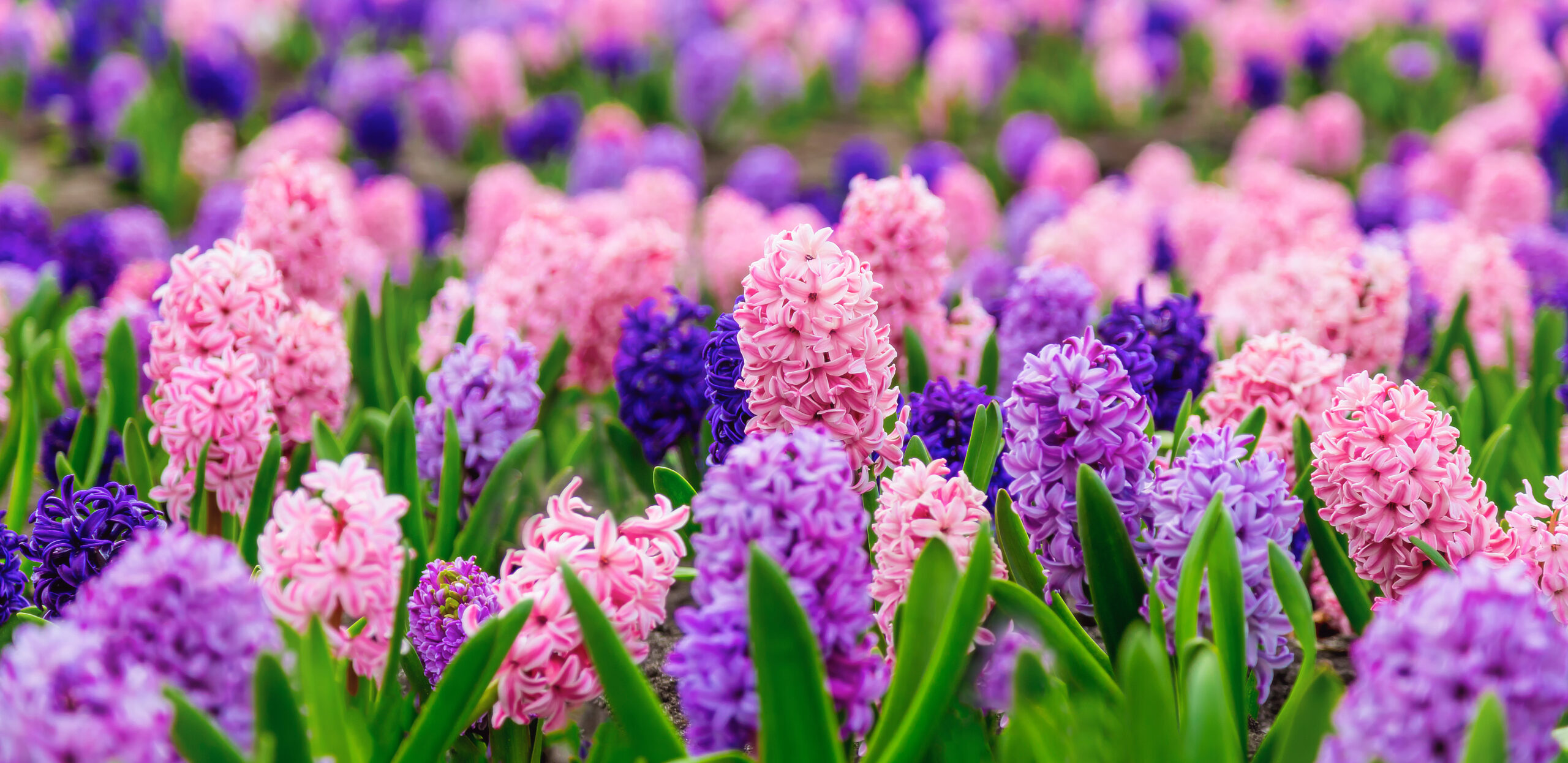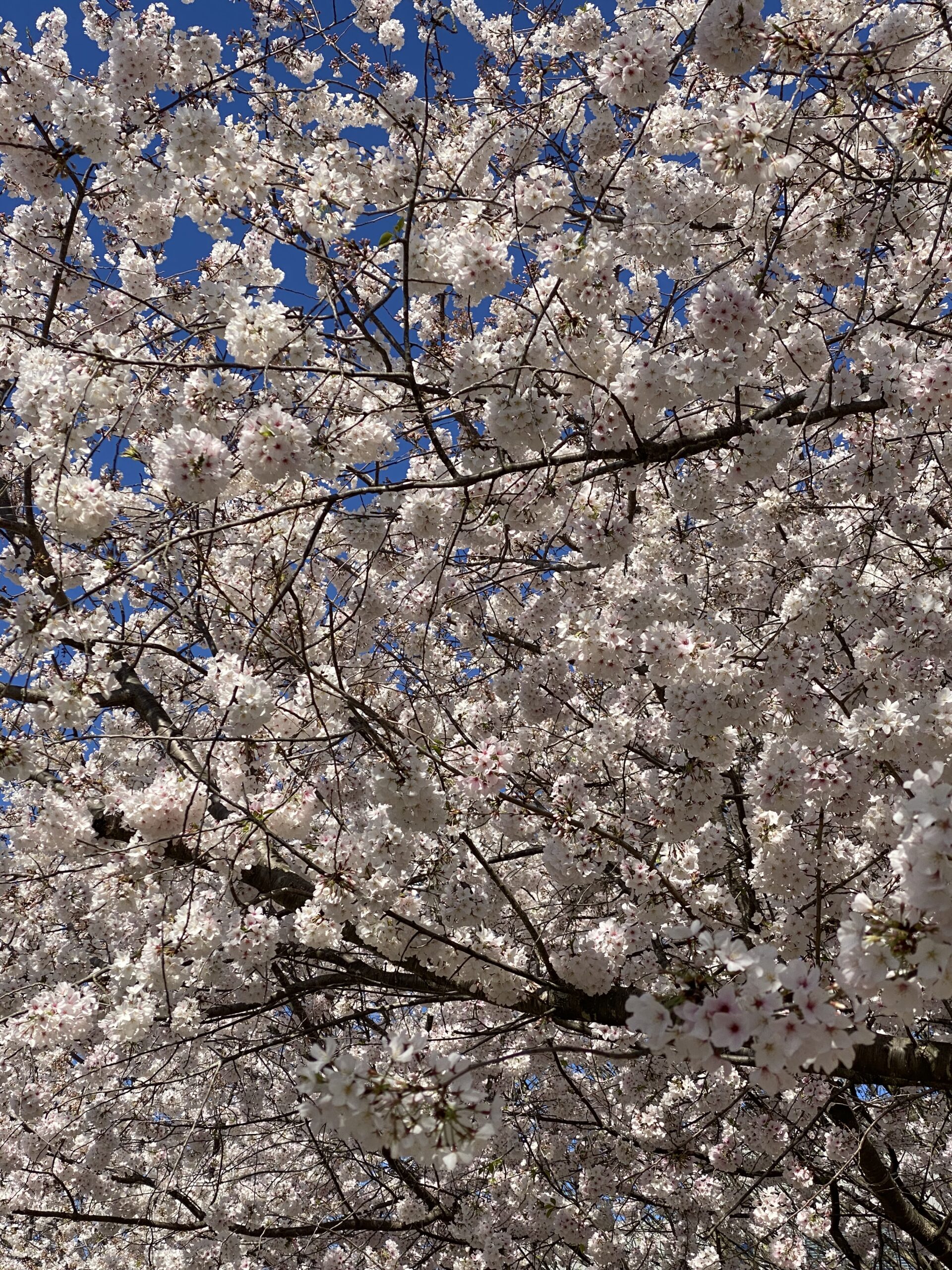Katie Steedly’s first-person piece [The Unspeakable Gift] is a riveting retelling of her participation in a National Institutes of Health study that aided her quest to come to grips with her life of living with a rare genetic disorder. Her writing is superb.
In recognition of receiving the Dateline Award for the Washingtonian Magazine essay, The Unspeakable Gift.
Enter your email here to receive Weekly Wide-Awake
The Picture of Gratitude: A Gratitude Conversation With Roslyn Wertheimer

KSC: Do you consider yourself a grateful person?
RW: Yes. Definitely.
KSC: What does that look like to you? How do you show gratitude?
RW: Well, besides the simple answer of just saying thank you. I guess it is kind of a back-and-forth type of thing. If someone does something nice for me, I feel like it’s personally in my inner nature to do something nice back. I’ll feel empty or guilty if I don’t share that back.
KSC: Where did you learn that?
RW: It has to be from my parents. I kind of attribute it to the fact that my parents are much older than my other friends’ parents. My dad is turning seventy-one at the end of the year, so there is almost a fifty-year age gap between us. So for my whole life, I have usually been around people that were much, much older than me. Like family members. Or like my mom’s board of directors. I ended up having all of these grandparents, essentially. I feel like because of that, I simply learned that you should be nice to your elders. My dad’s cousin always tells a story of when I was three years old, I would hand my dad his hearing aids just as he was waking up. It is something that is a part of me. To take care of others. They are taking care of me in the long run.
KSC: What are some things for which you are grateful?
RW: A lot of things. I can start with family for sure. I am grateful for where I came from. My family’s history.
KSC: Where are you from?
RW: Originally from Westchester. And I don’t want to get this wrong, but three out of four of my grandparents all immigrated from Germany.
KSC: To Westchester.
RW: No. No. My mom’s mom actually went from Germany to Memphis, Tennessee. My mom’s dad and my dad’s dad went to New York City and stayed there for a good amount of time.
KSC: That has been a life of stories.
RW: Definitely. Very recently, we sold our second house in Rhode Island that stored a lot of my father’s parent’s things. Most of their possessions came into our home in Westchester. We had to give a lot away, but there were just tons and tons of photos; of really unorganized photos, and those obviously stayed with us. I am a photographer, and I was immediately drawn to that as my project. I started delving into our family history and making notes. It just gives me a whole other perspective on being grateful. To have the pictures in front of you. To have my father there to answer any questions that I might have.
KSC: Are you going to pull it together into a book?
RW: I am not sure. I think my goal right now is to scan as much as I can. My dream scenario is to get my family together, and go through a photo slide show.
RW: I am also grateful for my friends, of course. I am ever so thankful for the actions that my friends take. Even just someone to talk to can mean so much more than anything. For someone to be there just to talk to. Or the friends that genuinely care about my future and want me to excel in everything I do. I am also thankful for my privilege and my health. Those are the things that are the hardest to recognize, because privilege and health do not always come in physical forms. That is the hard one to realize in daily life.
KSC: It is easy to take those things for granted until we don’t have them.
RW: How annoying is it that it has to come to the negative side of things in order to appreciate what you have. It really shouldn’t be like that at all, but that is when we notice it the most.
KSC: Or worse, seeing someone who does not enjoy privilege being denied basic rights. Why does is take that?
RW: It should not come to that at all.
KSC: Story is a through line through a lot of my gratitude conversations. It seems like whether that story is visual [like with your family pictures] or taking time with your friends [and] taking time to listen, you are grateful for your story and for other’s stories. Would you agree with that?
RW: Yeah. By story you could almost equate that to ‘complexity’. If someone understands your story, or your complexity, you can’t even ask for anything more. That is the beautiful thing that one human can do for another human.
KSC: Like listen. Look at the pictures and put them together in a slide show so that others can appreciate the story, so that the story can be shared and preserved.
KSC: Can people learn to be grateful?
RW: I hope so. I would hope that when I was born, there was a part of me that knew how to be grateful. Then maybe when you are taught to say, ‘thank you,’ that becomes the next building block. Then you just keep learning through life that thanking people and being grateful might turn into something very positive for you and others in the end. I think it can be learned in some degree.
KSC: If you have a selfish friend, and gratitude can be learned, how would you approach that friend, or do you just stay away from selfish people?
RW: Sure, there is a part of me that says, “it is a lost cause–why should I waste my energy on a selfish person”. Maybe the next step, if you can at least tell that the person is open to understanding the situation at hand, you can talk through it. There is a possibility that you might have a conversation that might lead to a positive outcome where the person can realize to be grateful for what they have. That takes an open mind to begin with. But I am not sure how to get to that open mind state, I guess with time. They get to that open mind state, then someone else can come in and talk.
KSC: If that person is just selfish. I don’t know what to do with that.
RW: If you want to talk about millennials (and I do not speak for all millennials), and that conversation is happening over Facebook or text, I actually have the option to just put the phone down and not respond. “You know what I can’t deal with this right now.” Or “I want to focus on something else.” You can throw the conversation away for a little bit and revisit it later if you want.
KSC: Or throw the person or relationship away. It is so easy, because you don’t have to look them in the face. You don’t have to have that conversation. You can just unfriend. Which is such an awful feeling. Block. “I am just going to block you.”
RW: That’s actually something that happened to me about 5 years ago. I got into an argument with a close friend over text, and the friend completely blocked me on all social media, and we never spoke again. I’m still upset about that.
KSC: Are millennials grateful? What does gratitude look like in that context, as digital natives?
RW: We have our different ways of being grateful. Some would say non-traditional ways. When it comes to social media, we tend to turn to those channels to express our gratitude. That usually comes natural to us, because it takes minimal effort from our end. A couple of years ago, I was working as a social media manager for a company, and one woman asked if I had ever taken any social media classes. I sort of just blurted out, “No, but I have been doing this since I can remember.” Like, this is it.
KSC: Her context was she does not know what a world would be like where technology wasn’t part of the air you breathe. She can’t even wrap her brain around that.
RW: From a technology standpoint, I would say it is like the same thing of having privilege. The privilege of having technology. This privilege, is hard to recognize minute-by-minute, day-by-day, that the thing you have at your fingertips you should be grateful for, because it is so a part of daily life, especially compared to older generations. When my mom asks me a question that I don’t know the answer to, I say, “You can Google that,” and she says, “Oh yeah!” I am sure she is much more grateful about having Google at her fingertips to answer a question than I will ever be. Like I said before, it is hard to be grateful for things that don’t come in an obvious physical form.
KSC: You just triggered something in my mind. One of the things that Seth Godin said in my interview was, ‘entitlement is the antithesis of gratitude.’ You just said it is hard to be grateful when you have privilege. When I quote him, what does that make you think of? The entitlement rap is one of the raps that folks your age get. That you feel entitled to everything and have never had to work for anything.
RW: Right. It kind of brings me to this one thing: Everyone says that teenagers and young twenty-somethings feel invincible. That always stuck with me. We don’t think we are going to get into car accidents. We don’t think someone is going to hit us when we cross the street. That makes me think of entitlement, and that we feel entitled to do things that we should not always be doing. That works against it [gratitude]. It is like the complete opposite side of being grateful and thankful for what you have, and in a sense, teenagers miss that.
KSC: Invincible. It makes [me] think of the word ‘consequence.’ If there is no consequence for your actions, then there is no responsibility to the bigger world. “Well, it does not matter how I treat others because it is all about me.”
RW: If you are flying past life and being an invincible teenager and not looking side-to-side at the people who are helping you along the way, then where do your responsibilities end up? You can only hope the consequences won’t be that severe. There is your privilege right there. Your entitlement of going through life without consequences. Unfortunately, some ethnicities experience more severe types of consequences than others, even though their entitlement might feel the same.
KSC: Interesting to tie invincibility to entitlement.
RW: That actually reminds me of a story. I was on a summer camp trip overseas. The drinking age was sixteen where we were, and that was the exact age we all were (even though we were the legal drinking age there, we still were obviously not allowed to drink). But these two camp kids got caught drinking and when they were brought back, they were told to stand in front of the entire camp and not only apologize, but then were reprimanded in front of everyone. One of the counselors said, “You know what, you teenagers think you are invincible.” That stuck with me.
KSC: There was a group reckoning. A lesson in consequence.
RW: At an impressionable age.
KSC: Did of the other young people on the trip say, “But it is legal here.”
RW: Oh. I am sure. But I also remember someone on the trip, a friend of mine, saying something to me. I didn’t even think about this perspective when we were told the rule: “DO NOT drink alcohol on this trip or you will be sent home.” But these two kids were not sent home. They were given another chance. So, I remember [my friend] saying, “This is so ridiculous. If these are the rules, then why didn’t they get sent home?” I did not even think about that. I thought, “Oh great. They got a second chance. How nice.” But his complete other perspective was, “Well we should all be drinking, and then we should all get another chance like them.” That was a good point.
KSC: That lesson that there really are no consequences, we can do what we want, might have to be learned by people.
RW: Yes. Big time.
KSC: Is there a connection between gratitude and creativity?
RW: My first initial thought is when people show gratitude toward me for what I create. The other night, I went to my friend’s concert in the city, and I try to always have a camera on me, so I took pictures of the concert.
KSC: A real camera–not just your phone?
RW: A real camera. Within the past few days, he has showed a lot of gratitude for the photos that I took. We never even talked about me taking pictures of the show before-hand, it was just something I wanted to do.
KSC: You gifted that to him.
RW: I guess so. I am thinking about the music venue, too. Of course, I see plenty of people go up to the musicians and share their gratitude toward the artists for the creative art that they just shared. And the artists show their gratitude to the audience members that take time out of their day, and money out of their wallet to come and see them.
One of the many things I do in our marketing department is social media. A big part of my goal when I am promoting concerts–and that is something I love to do and have wanted to do for a while—is if I can remind people that there is something that they might want to see, or hear, or experience, and they will be happier in the end because of it, that makes me very happy. If audience members are impacted by the content I create, then I am grateful for that.
KSC: I don’t want to get too deep on the notion of story, but you are wanting to have the Caramoor story be one of inclusion.
RW: That is pretty much why the title ‘Social Media Manager’ comes in many forms as I have seen it. That title is synonymous with Community Outreach Manager.
KSC: Community builder.
RW: The fact that I can create that community, even if it is over the internet, I am happy with that.
KSC: That is what is so valuable about your role. People come there and experience it together in person.
KSC: Is there a connection between service, and serving others, and gratitude?
RW: Maybe this is a good time to talk about altruism. I have a kind of strong and maybe unpopular view about altruism. I think it does not exist, even after everything I have said.
KSC: In this day and age, I could see how you could argue that.
RW: I think that when you serve someone, even if it is out of the kindness of your heart, and you don’t expect anything in return, you still get a feeling of gratefulness. You get a feeling that you did something good. That is your gift that you receive after serving the original person. But this certainly is not a bad thing if you are going to better someone, and it makes you feel good; you should go for it.
KSC: Is there less of the, “I do this for me to feel good,” when we know the story? Does knowing the story make it somehow more reciprocal, once we know the story are we interconnected as people? Does it take some of the ego away? Does it take some of the “I did this for me not you” away?
RW: Let’s say you see someone that has fallen on the street and you immediately go to help them. The person might say ‘thank you’, and you walk away. You then go about your day. Now, if you are that kind of person, maybe you’ll brag about it to a couple of people, “You will never believe what just happened today.” You might even ride on a high that you did a good deed. But if it is your best friend that has fallen down, and you help them up, that feeling, that high, diminishes.
KSC: Because that is what you do for friends.
RW: It should be second nature to help if you consider yourself friends.
KSC: If you get gratitude points, how many points do you get for picking up the stranger versus picking up your friend?
RW: Now we are putting something together here. When it is the friend, the gratitude stays and it will always linger in your friendship, but it should grow because you a good deed for your friend. That just puts another layer into your friendship. When it is a stranger, it is kind of a thank you and a one-done-and-bye situation. It might be the same gratitude between a stranger and a friend, but that one lingers with the friend and actually means more to the relationship. With a stranger, you will probably never see them again, so that gratitude might only be for you, and you ride on that high. The next day something else happens and that is that.
KSC: That notion of paying forward. When you help a stranger, you don’t know where the gratitude goes. With a stranger, you don’t know the ripple effect. With a friend, you get to see the impact of the gratitude. Because, theoretically, your relationship grows.
RW: I wonder if in the situation with a friend, if the gratitude ripple might not go as far because it will just stay within the relationship, kind of bouncing back and forth. You do a good deed for me, I do a good deed for you.
KSC: In that relationship, there is an expectation whereas when it is a stranger there was no expectation.
RW: Now you are taking something out of your day, and you are doing something that seems to be extra.
KSC: When you are pulling someone out of the street, you are even potentially putting yourself in danger.
RW: You are adding a whole other layer to the situation. How much the gratitude really means.
KSC: Do you have any final thoughts for the record?
RW: I do have to say the timeliness of this conversation is appropriate. I am Jewish and just came back from Rosh Hashanah services.
KSC: Happy New Year.
RW: Our sermon that our rabbi gave today was all about gratitude. I knew I was going to have this conversation, and every time I heard the word ‘grateful’ or ‘thankfulness,’ I started thinking.
KSC: I am so glad this was part of your day.
RW: It’s nice to talk about what you are thankful for before the Jewish New Year.
About Katie

From Louisville. Live in Atlanta. Curious by nature. Researcher by education. Writer by practice. Grateful heart by desire.
Buy the Book!
The Stage Is On Fire, a memoir about hope and change, reasons for voyaging, and dreams burning down can be purchased on Amazon.




